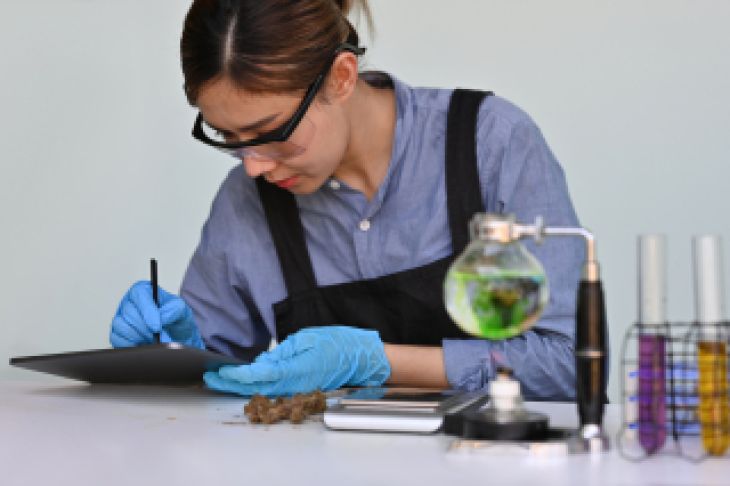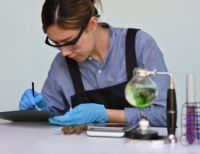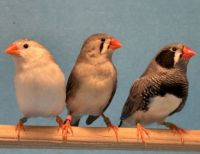Digitally cataloguing the more than 300 million plant specimens preserved in museums worldwide could yield crucial insights into how to preserve biodiversity amid climate change, a study by McGill University researchers has found.
Digitally cataloguing, or digitizing, a herbarium specimen involves recording the species name and original location and uploading that record to a digital repository that is publicly accessible.
The authors used trends in already-catalogued data to predict how digitizing Canada’s 7.3 million undigitized plant specimens, housed in 88 herbaria across the country, could increase our understanding of plant biodiversity and ultimately inform conservation policy.
“These sorts of georeferenced biodiversity observations are critical to informing conservation, as they provide detailed information on the geographic distribution of species across the country,” said Isaac Eckert, PhD candidate in the Department of Biology and lead author of the study published in Nature Communications.
"Our findings show digitizing our remaining specimens is likely an efficient and feasible method of gathering the critical biodiversity data we need to inform policy and action," said Eckert.
The future of conservation
As nations worldwide strive to meet their 2030 and 2050 conservation goals, the availability and quality of biodiversity data will be crucial to their success, the researchers said.
The researchers also expressed hope their findings help make the case for increasing funding to herbaria, at a time when some active herbaria are threatened by a lack of funding, as seen with the recent closure of Duke University’s herbarium.
"We show that investing in herbaria, their collections, and the experts that curate them, is potentially one of the most effective ways to generate new biodiversity data," said Eckert, who is supervised by Laura Pollock, Assistant Professor in McGill’s Department of Biology.
The authors note that alongside digitized herbarium specimens, community or citizen science observations such as those made though platforms like iNaturalist, can also provide valuable biodiversity data. However, their results show herbarium specimens are less prone to biases and more efficiently capture the diversity and distribution of Canadian plant species.
“Herbarium collections remain essential in the age of community science” by Isaac Eckert, et al., was published in Nature Communications.
















